Progression of the COVID-19 vaccine
January 13, 2021
By Emma Rogers
The clinical process explained for the upcoming COVID-19 vaccine and the opinions of those waiting for the vaccine to be ready
The COVID-19 global pandemic caused distress amongst those in and out of the medical field. According to National Geographic, “More than 150 coronavirus vaccines are in development across the world.” Billions of dollars go into the research for finding a successful vaccine, and only a few candidates for the possible vaccine made it past initial trials so far.
Vaccines go through an extensive process called a multi-stage clinical trial process that usually takes about 10-15 years to get approved by the Food and Drug Administration and the Centers for Disease Control and Prevention to be on the market. The first phase for vaccines begins with a clinical trial process, where safety and effectiveness are tested among a small group. Then the group becomes larger to test those who may have the disease or are more susceptible to catch it. After those two tests, the trial then tests among various ages, ethnicities, and those with underlying health conditions to see if the vaccine is effective with a wider array of people. Yet, Connor Mcfadyen (‘21) plans to wait before receiving the COVID-19 vaccine.
“If it’s shown to be helping people out by actually making them feel better and showing fewer symptoms than people who actually had COVID-19 and didn’t get the vaccine, then yes I would gladly get it. If something is helping, why wouldn’t I try to help myself get better instead of just making my body get worse,” Mcfadyen said.
Vaccine developers actively attempt to shorten that process for the vaccine, SARS-CoV-2, by running clinical trial phases simultaneously to allow for public use sooner. Dr. Anthony Fauci, director of the National Institute of Allergy and Infectious Diseases, stated that the independent Data and Safety Monitoring Board can end trials early if their interim results test overwhelmingly positive or negative.
“I don’t think I would get a COVID-19 vaccine if it came out because you don’t know what kind of side effects it could have or if it will do anything to help. I don’t think it will help minimize the spread because it would make people feel safer to go out more, and they could still have the potential [of controlling the virus] and could spread it to someone who doesn’t have it and didn’t get the vaccine,” Sadie Gayton (‘22) said.
Either way, the CDC asked for vaccine distribution sites to be operational by Nov. 1, 2020. However, time will tell if this vaccine will be successful, but there are still dozens of vaccines being processed through the multi-stage clinical trial process.
Image Licensed for reuse. Creator: Lisa Ferdinando

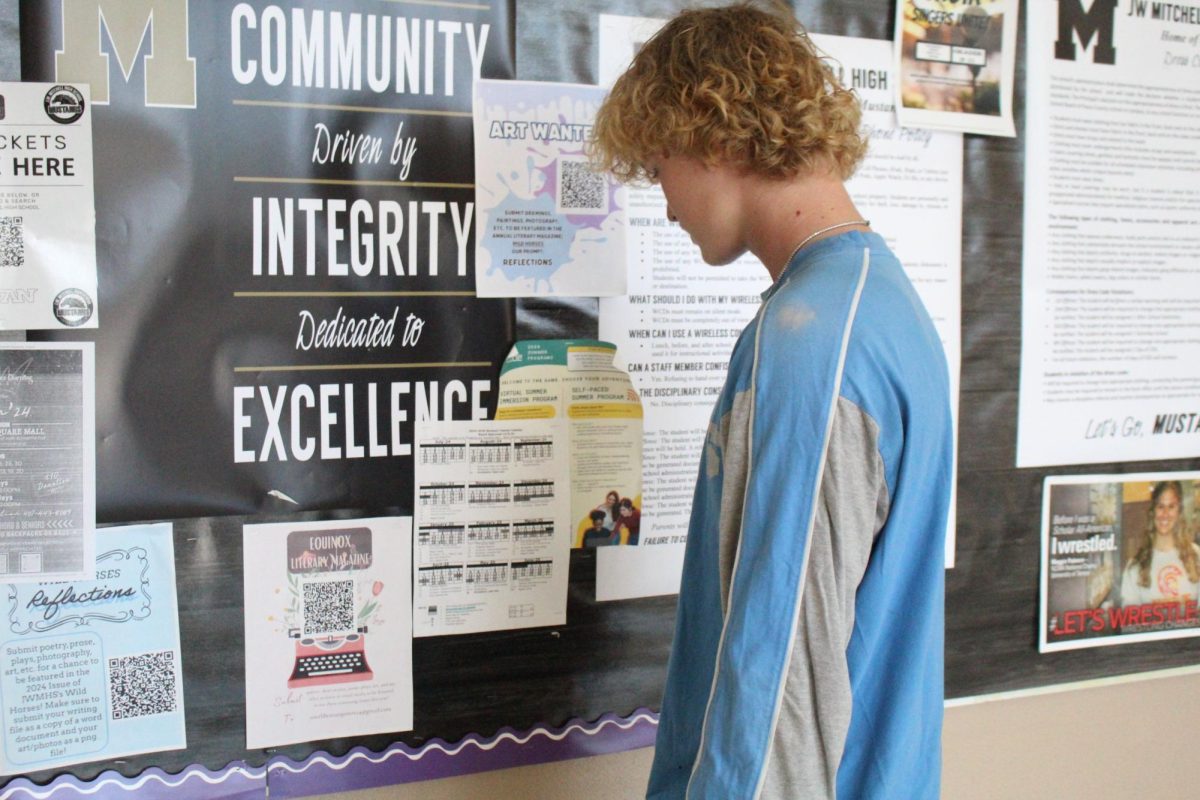

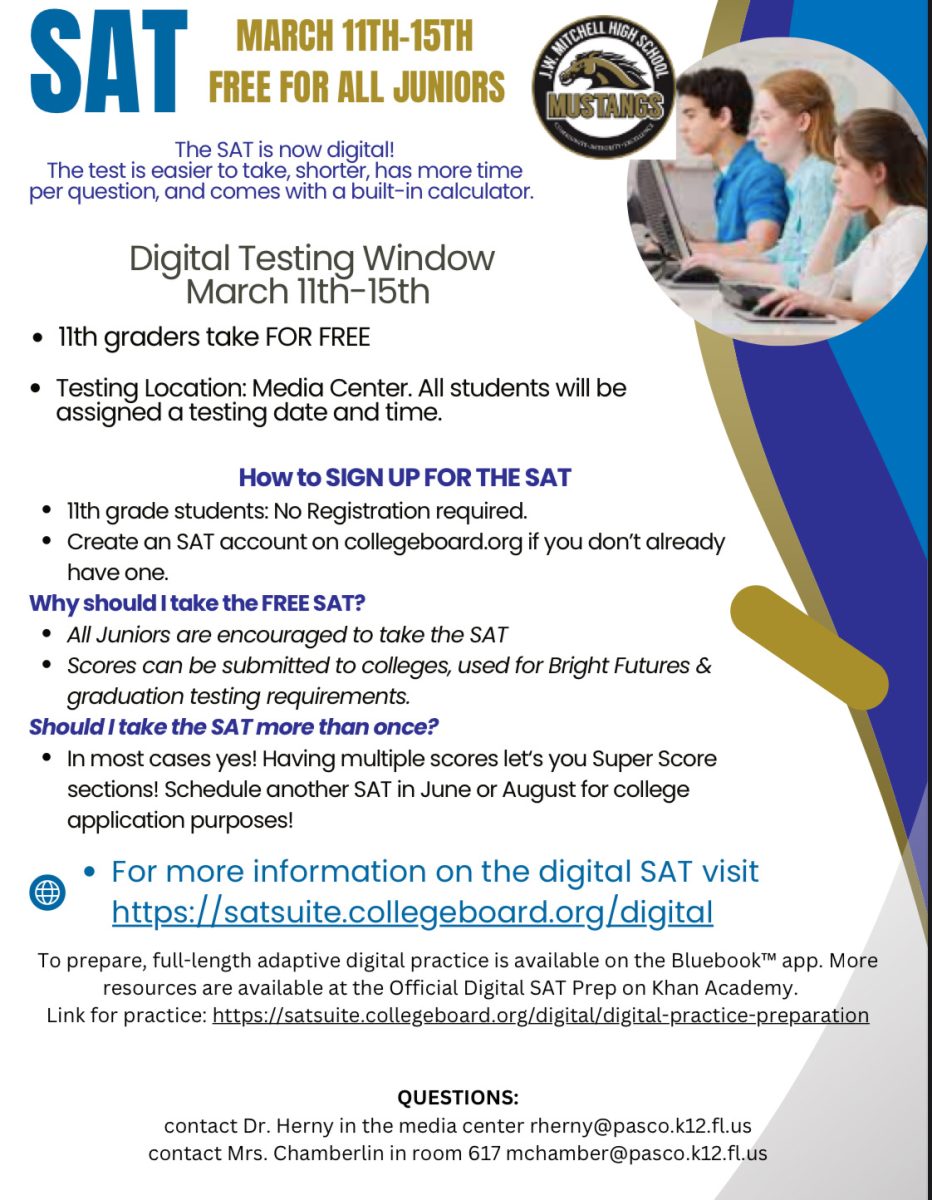
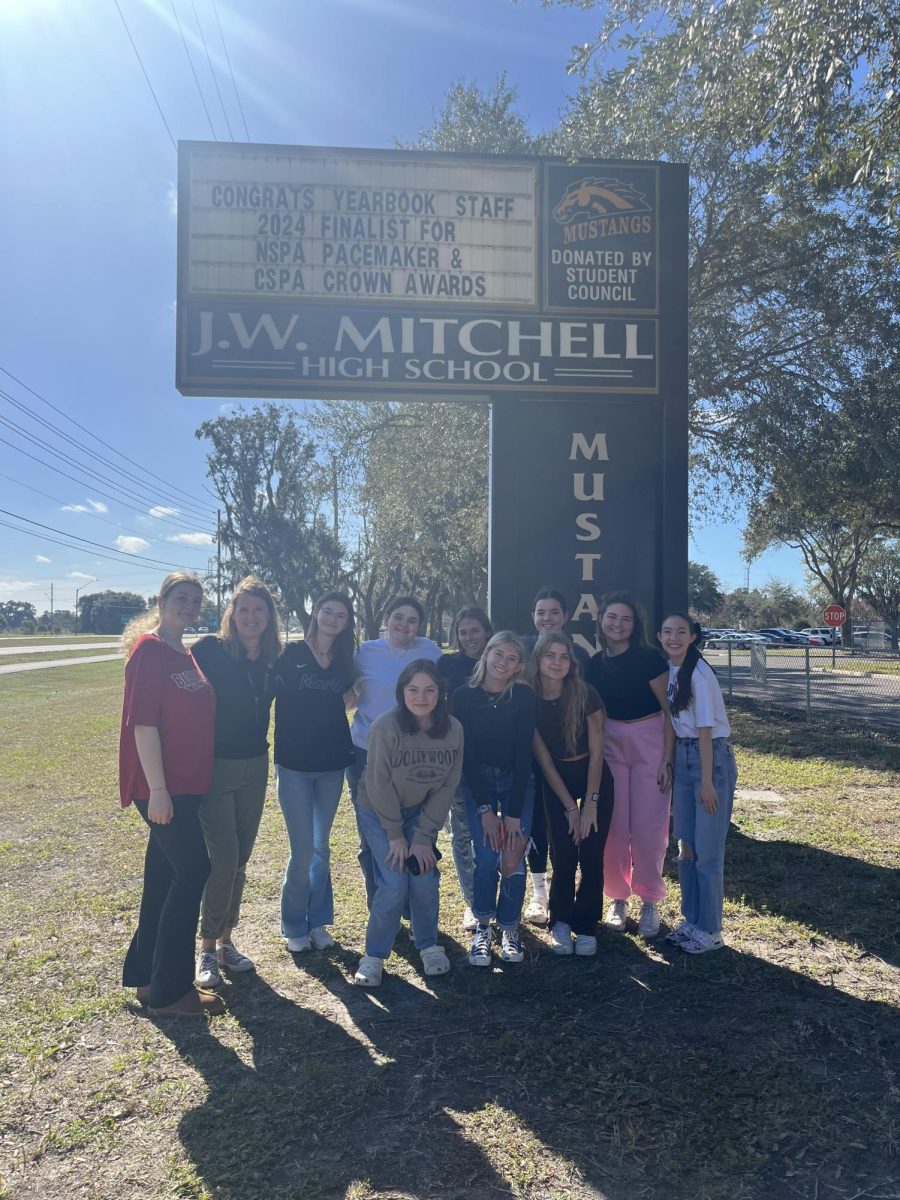


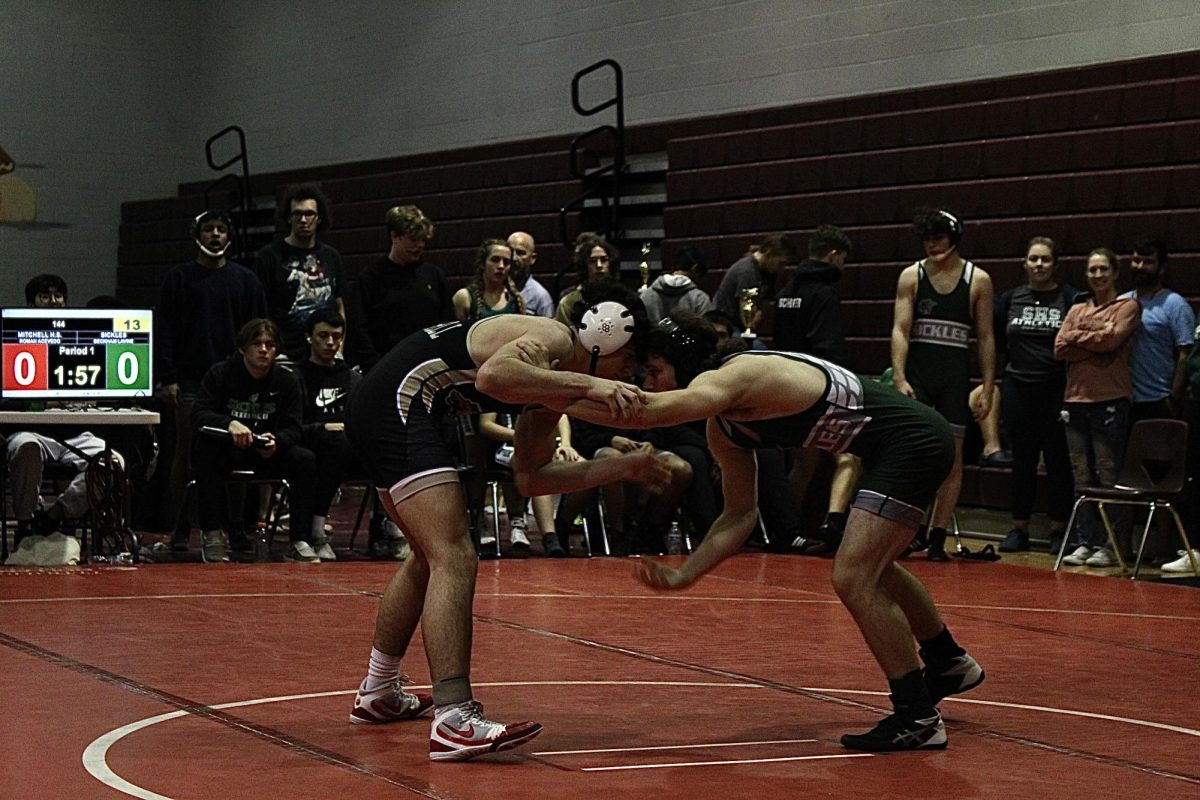




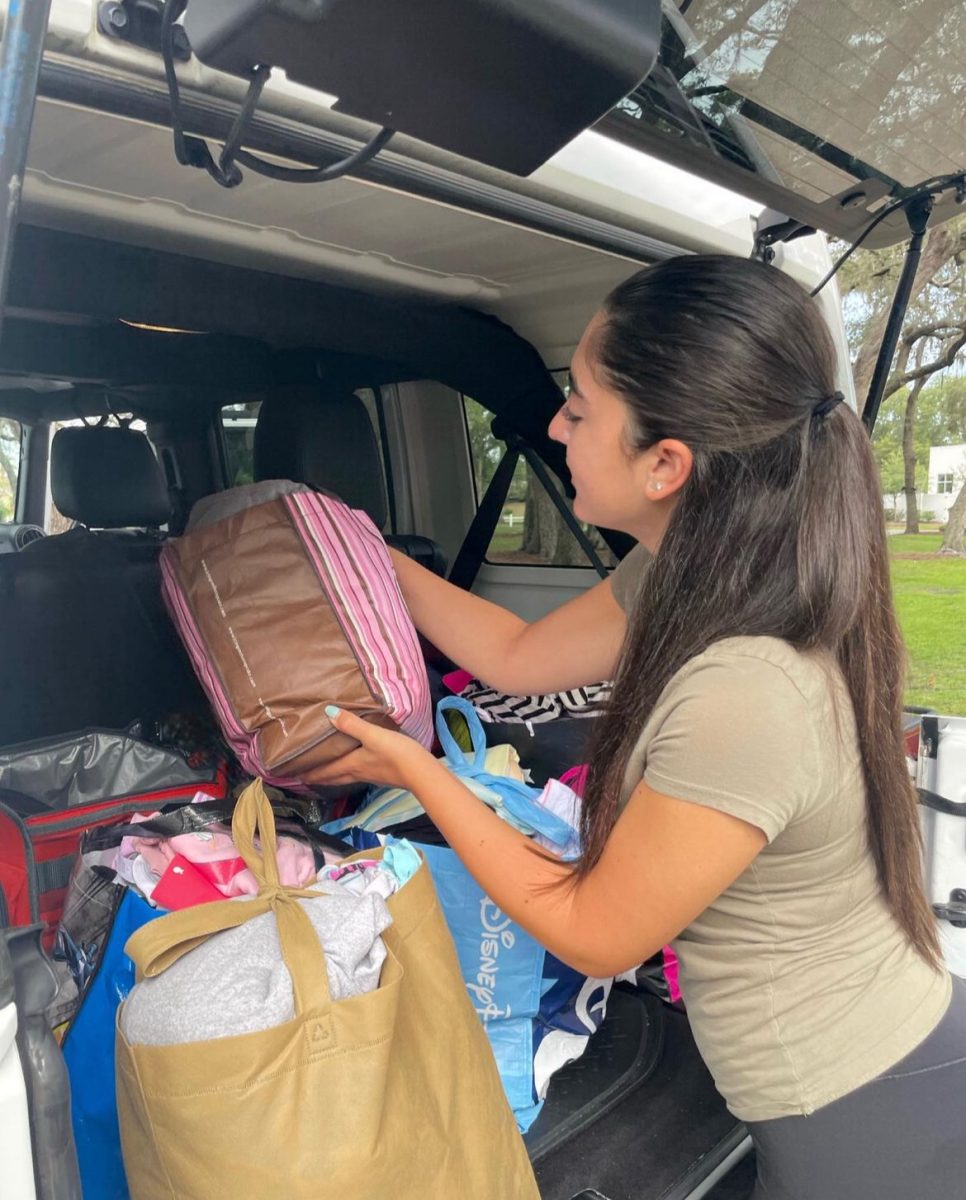

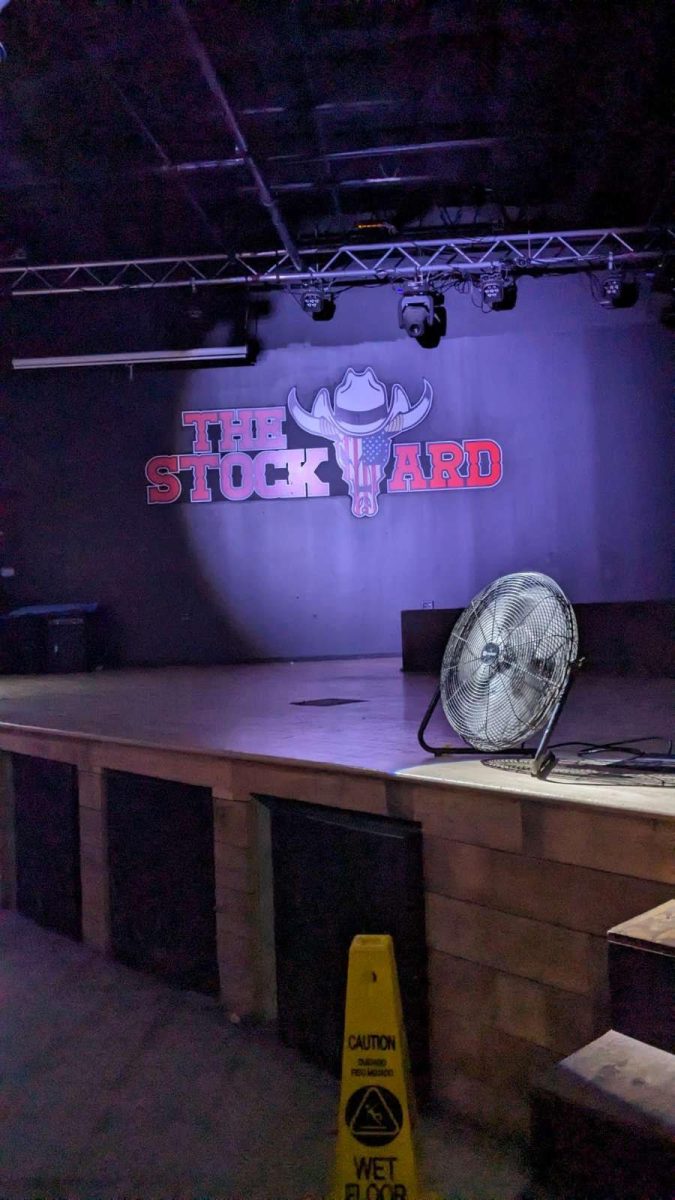

![Colin McRaven (24) prepares to pitch the ball to an Anclote batter during the Varsity pre-season game.I like striking people out, since its fun. The game against Anclote was pretty easy because they were less talented than our team and [I think] we were better than them in every aspect, Colin McRaven (24) said.](https://jwmhshoofbeat.com/wp-content/uploads/2024/03/IMG_1538-1200x928.jpg)
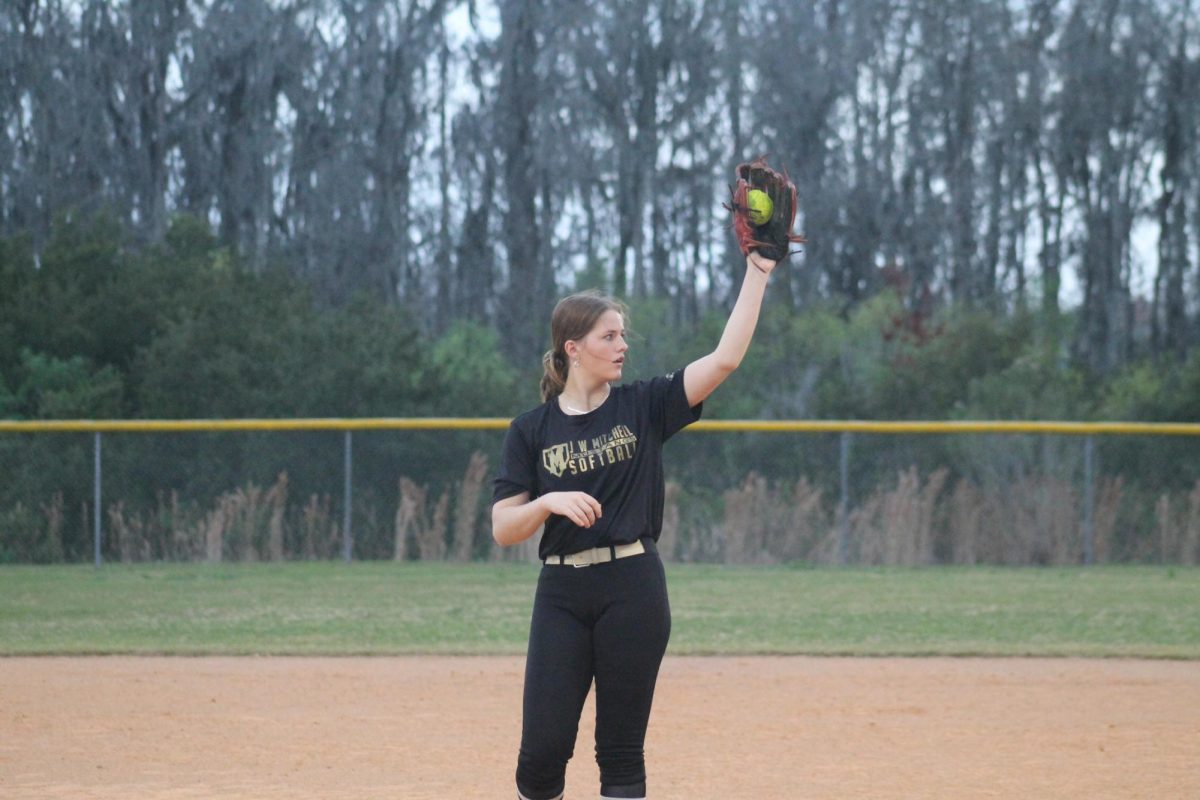
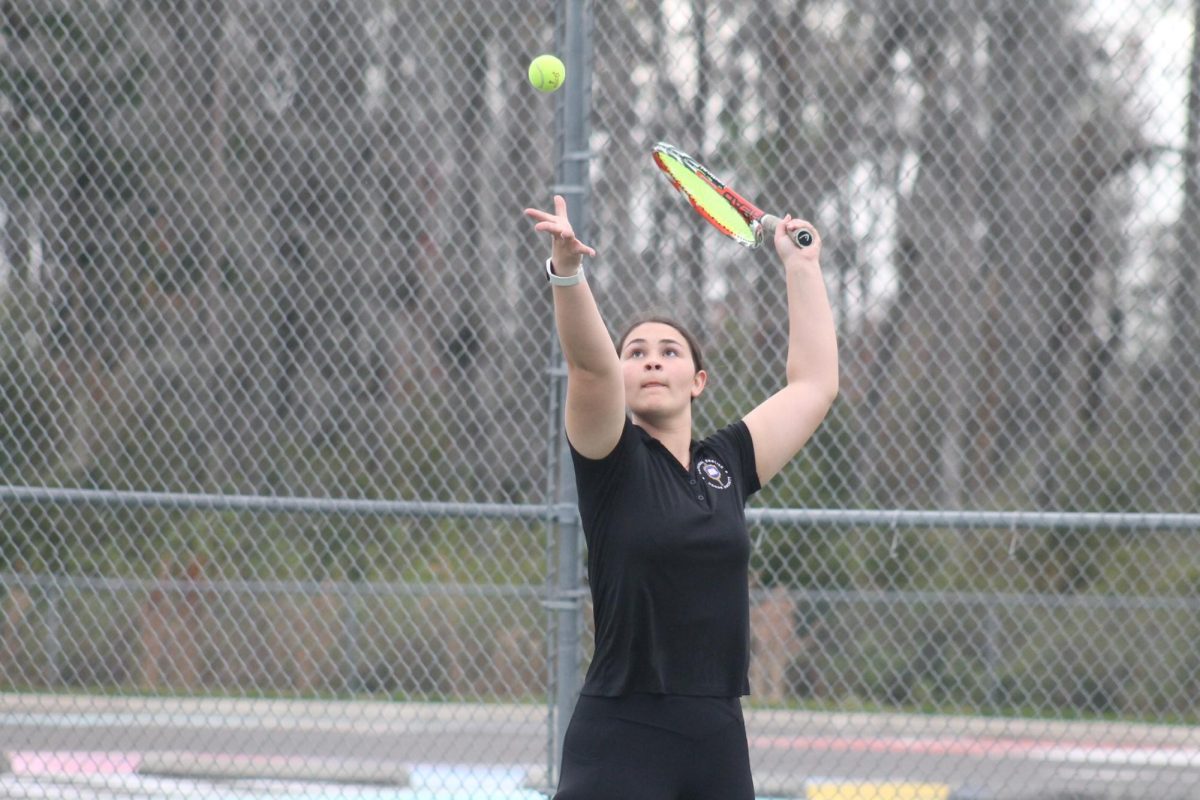


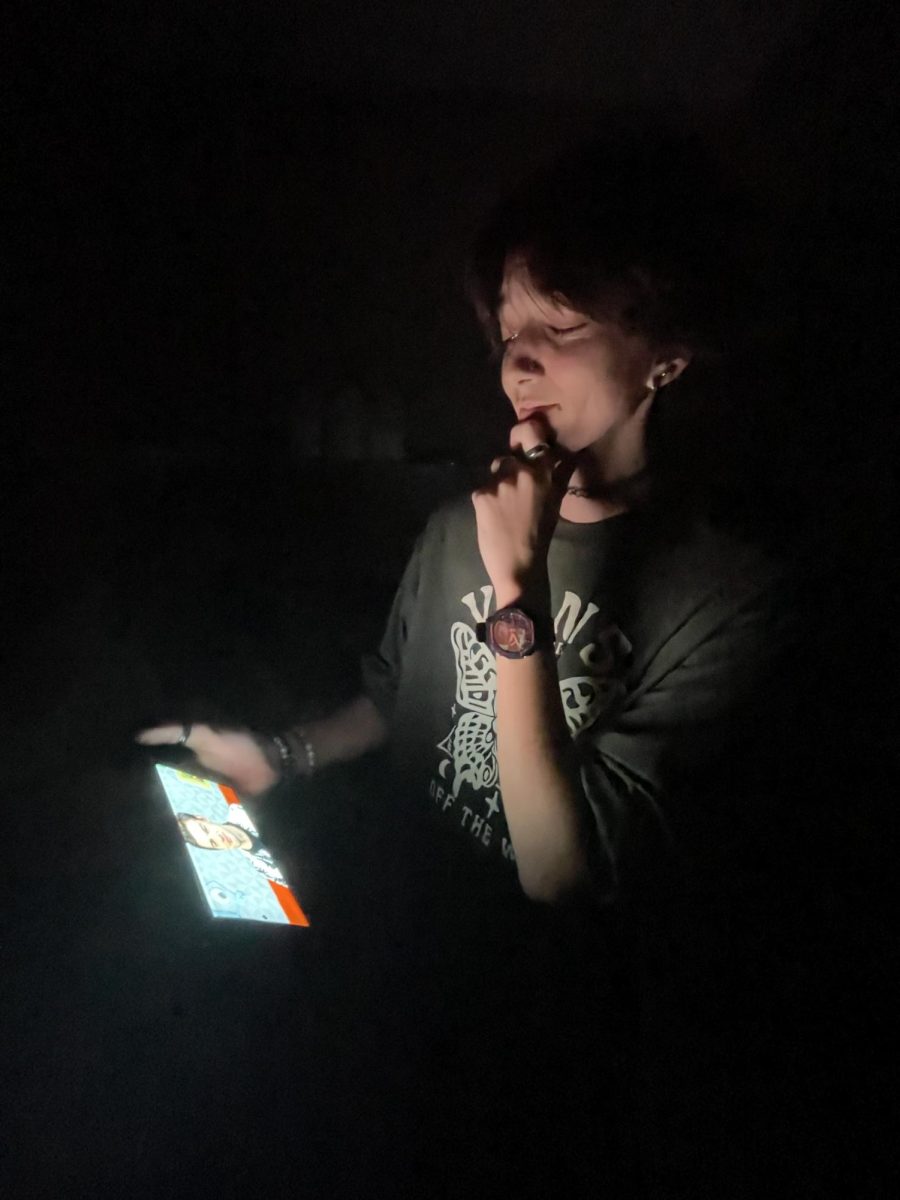




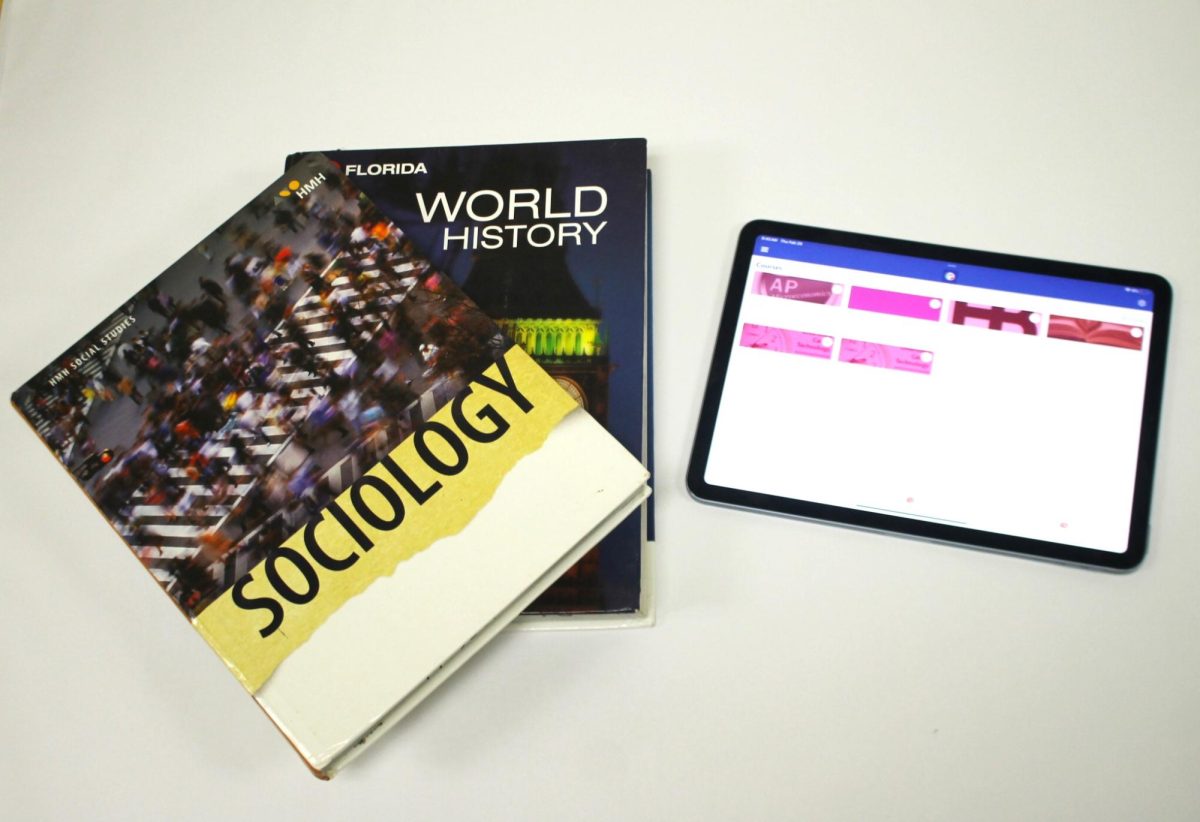
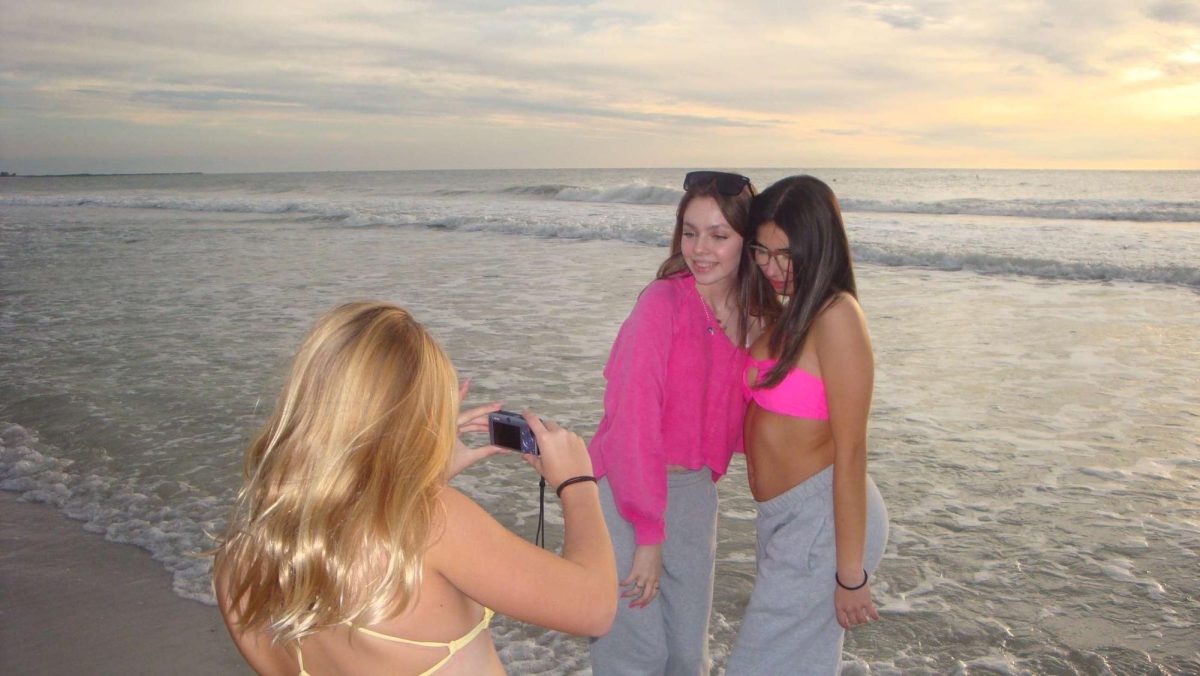
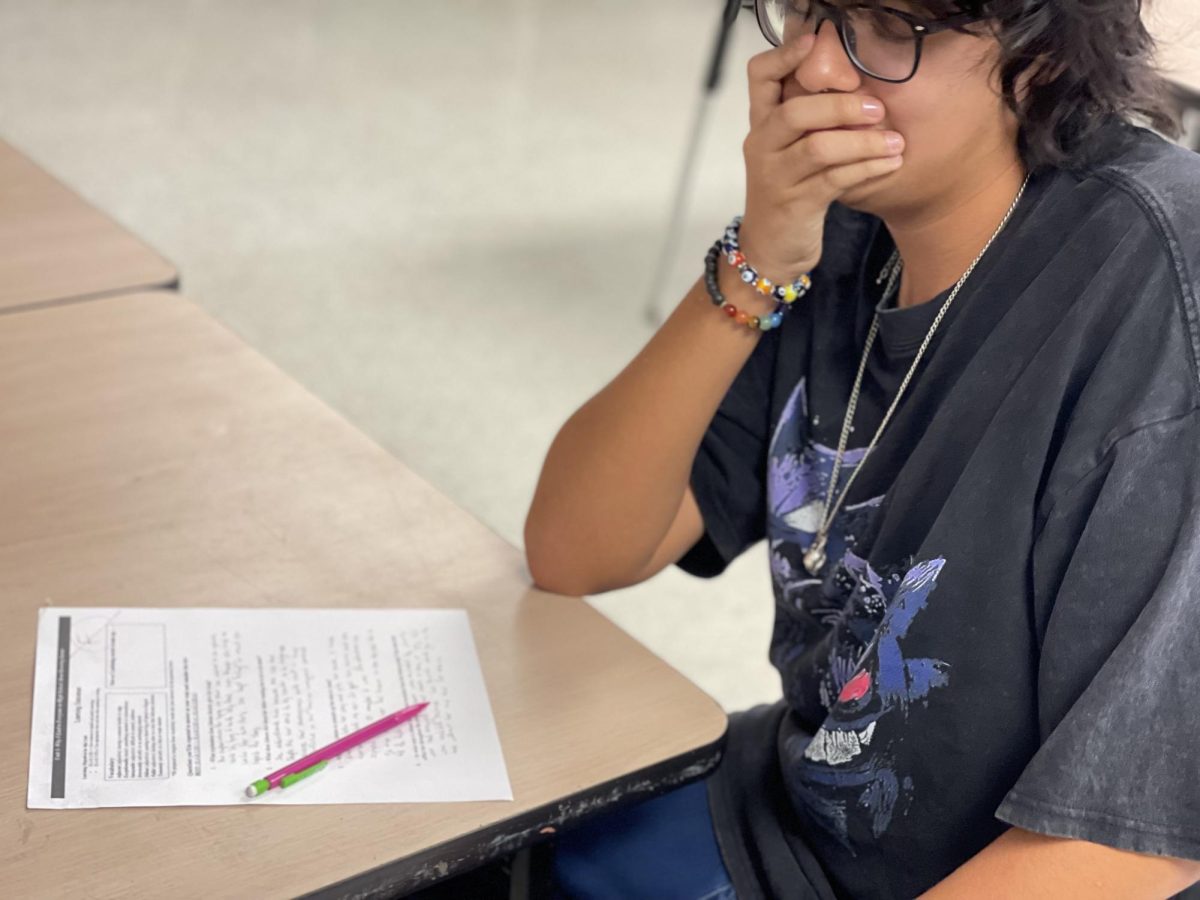
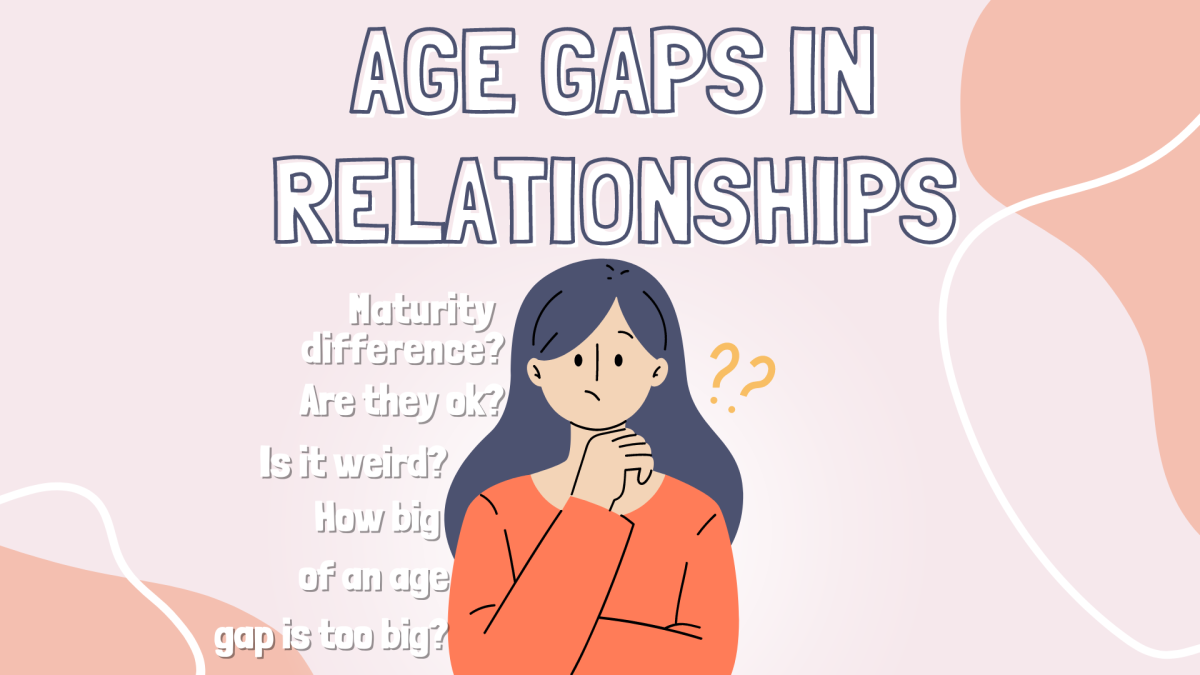
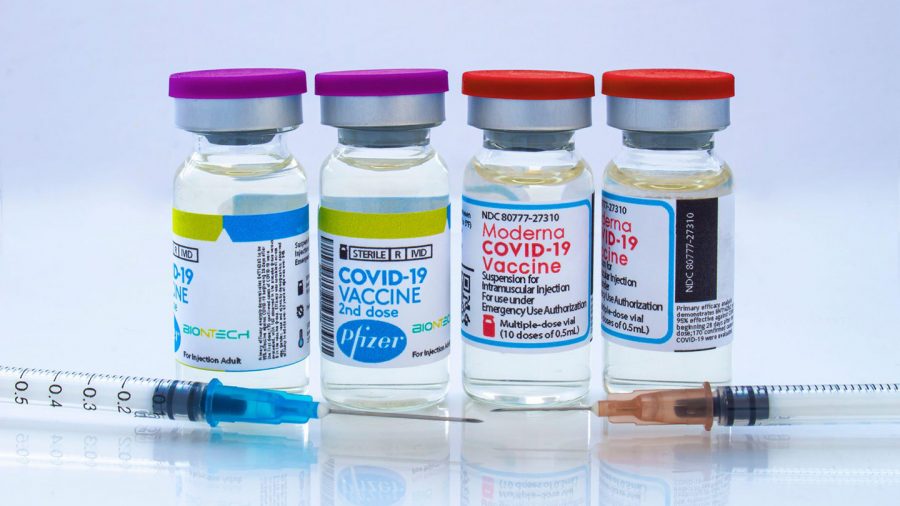
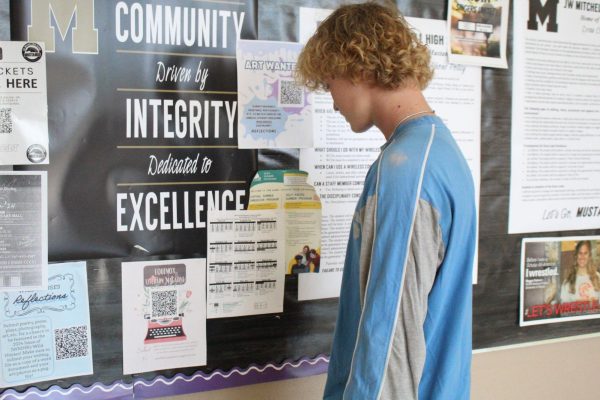

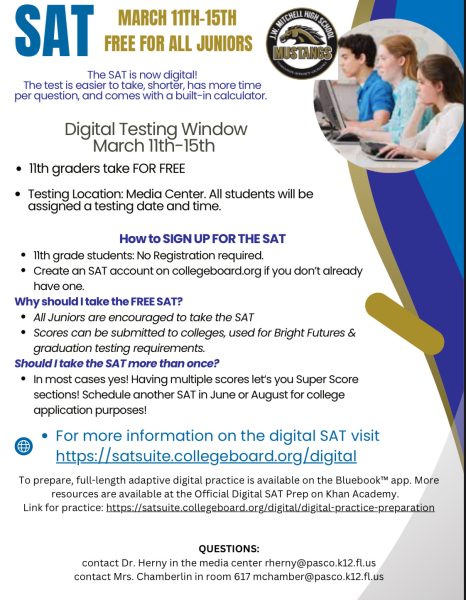
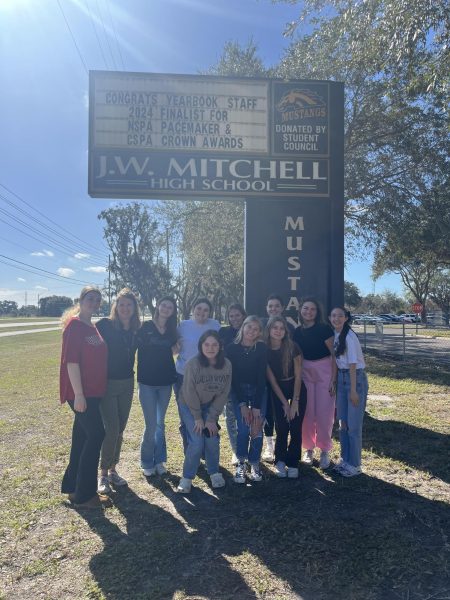
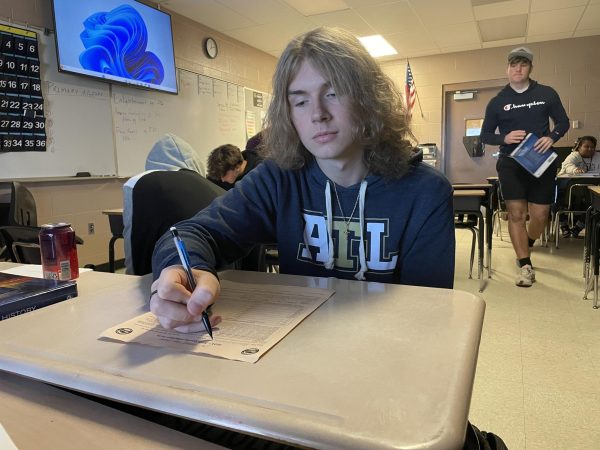
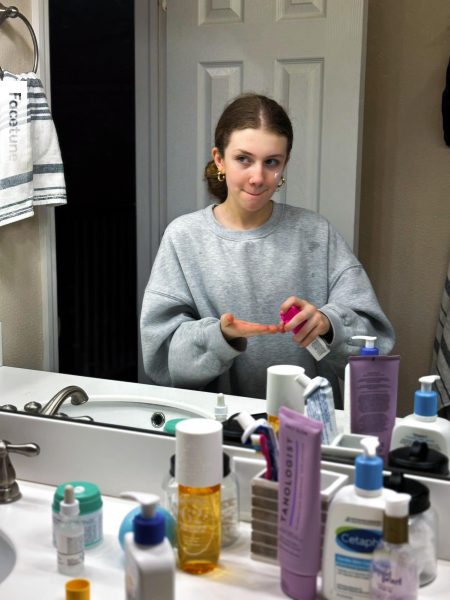
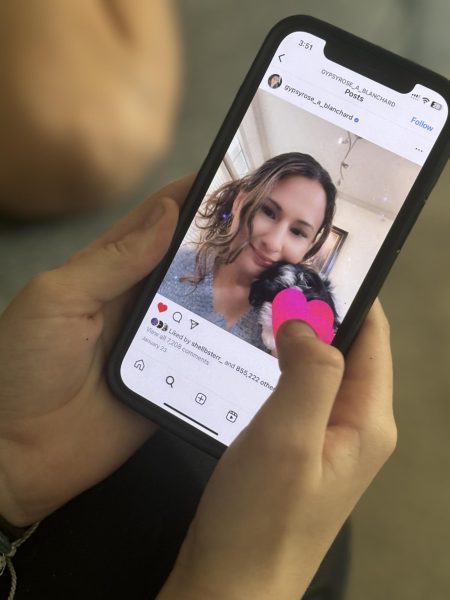

![Photo by Suryashankaran Sundaresvaran. Members of the FBLA club at LandO Lakes preparing to present for the live presentation performance test on Thursday Jan. 19. All the objective tests happened on Tuesday, and thats where everyone had to take like an 100 question online test and [Thursday] is the performance test, where [members] have to give a live performance or presentation, Shreyas Das (25) said. For the online test, Das chose the topic of cybersecurity](https://jwmhshoofbeat.com/wp-content/uploads/2024/02/processed-0F881CEF-22BC-4393-A482-187974F2C988-600x450.jpeg)